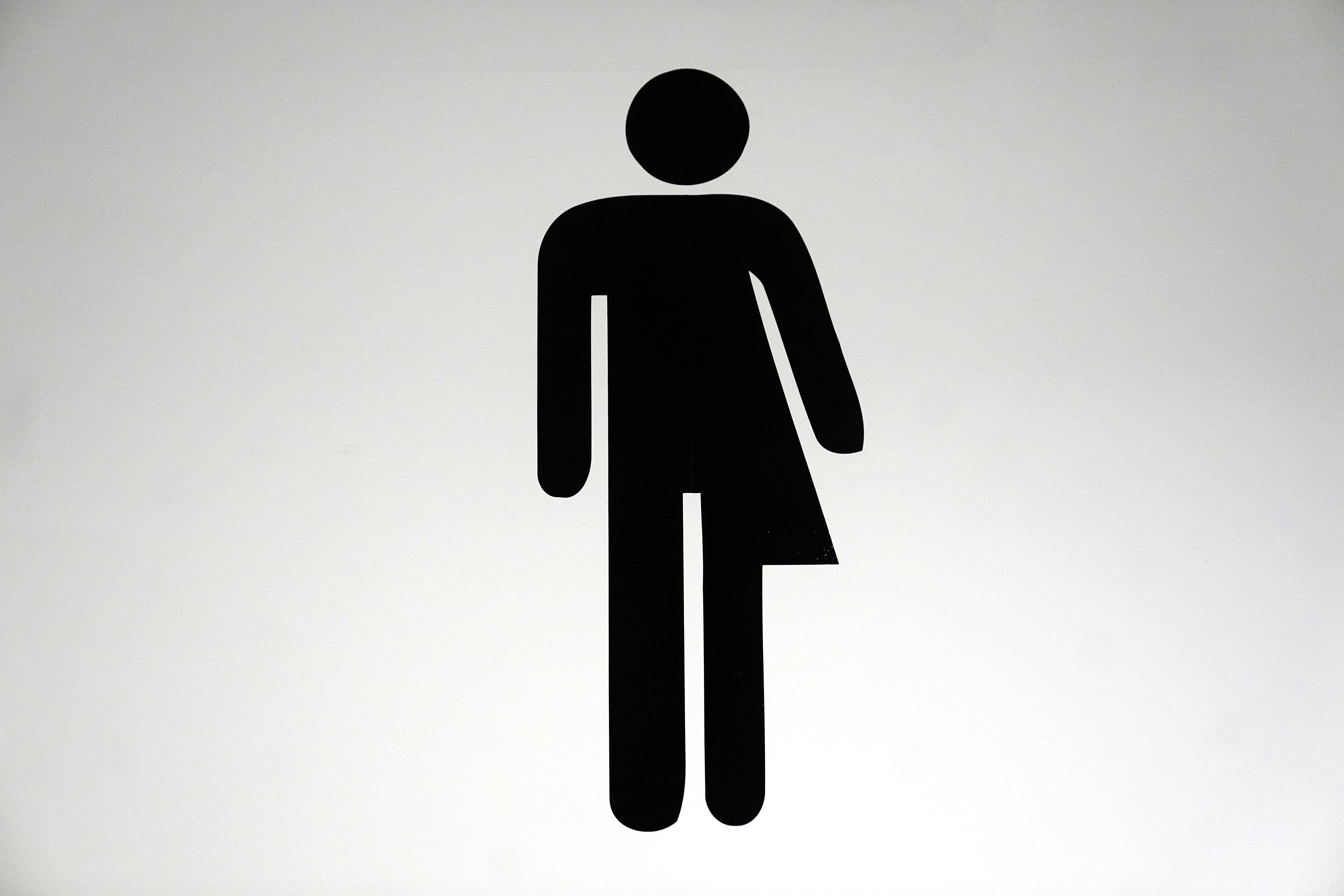Two-fifths of UK workers ‘are against gender-neutral toilets’
British are less tolerant than Americans, Italians and the Irish, survey suggests

Four in 10 UK workers do not want their employer to introduce gender-neutral toilets, according to a poll – far below levels of acceptance in other countries.
A survey of 10,000 employees from 10 different countries including the UK, US, Mexico, France and the Netherlands found 34 per cent of American companies already had the measure in place.
More than one-quarter (27 per cent) of Italian respondents, meanwhile, did not have this facility but would like to see it brought in.
A further 40 per cent of employees in the UK were not sure if their company had an “inclusion council”, and nearly one-quarter (23 per cent) did not want to see gender-neutral language encouraged.
This was overshadowed by Mexican and American companies, where four in 10 respondents already worked somewhere that encouraged the use of neutral pronouns.
The research was commissioned by global hygiene and health company Essity, whose spokesperson said: “Our results found the UK is perhaps a little behind other nations when it comes to being open-minded.
“It doesn’t necessarily have to mean one or the other. Where space allows, businesses can provide male and female bathrooms while also offering a gender-neutral option.
“Ultimately the goal should be to show more understanding and tolerance towards your colleagues and visitors without making anybody feel uncomfortable.”
The survey results come after a report in 2018 found that unisex changing rooms at swimming pools attracted far more sexual assault and harassment complaints than single-sex ones.
Pollsters found that nearly one-fifth (18 per cent) of respondents from the UK workforce said their company did not offer transition-related care for transgender employees – and they did not want them to start.
Another 20 per cent did not want to see their employer targeting recruitment towards minority groups.
And just under one-quarter (23 per cent) would even be disappointed to see their work canteen offering a variety of foods for all preferences and cultures.
Just 7 per cent of businesses had non-specific gender signs designating their bathrooms. And only one in 10 proactively recruited from under-represented groups, according to the OnePoll data.
However, 51 per cent believed their workplace implemented a zero-tolerance policy towards bullying, harassment, and use of inappropriate language. And more than one-third (36 per cent) had seen diversity training conducted throughout their organisation.
The research revealed the US was deemed the country most likely to have workplaces that “celebrate employee differences” – with Italy the least likely.
American workplaces were also the best for employees to be invited to share their backgrounds, religious and cultural practices, with 38 per cent of employers encouraging this.
In France, by comparison, just 17 per cent of workers reported this initiative in their workplace.
Essity’s spokesperson added: “It’s interesting to see the differences between what employers have brought into their businesses – and what the employees want.
“Anything that can make marginalised employees feel more included – regardless of the reason – should be encouraged. Perhaps employers should first be educating staff members on the importance and reasons behind these changes, before making them.”
Subscribe to Independent Premium to bookmark this article
Want to bookmark your favourite articles and stories to read or reference later? Start your Independent Premium subscription today.

Join our commenting forum
Join thought-provoking conversations, follow other Independent readers and see their replies